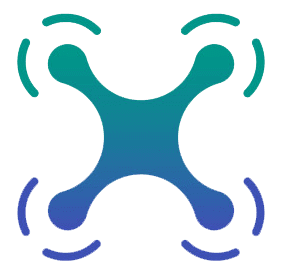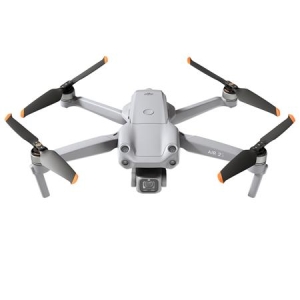What are the Rules for Recreational Flyers? “Don’t think because there is not a sign saying you can’t Fly that it’s ok”
Volusia county is not drone friendly and it’s against the law to fly at any park or government lands, That’s their response when asked WHERE CAN recreational Pilots Fly Drones?
All of our efforts to identify a location to fly recreational drones have been ignored and The county has made it clear they are not going to assist in any location that could be established for this hobby! Daytona Drone Club is in the process of creating the components to become a CBO. This will afford a location for fun and skills development for the incredible drone industry
Here are the rules to fly recreational without a FAA drone Pilot License:
The Exception for Limited Operation of Unmanned Aircraft (USC 44809) is the law that describes how, when, and where you can fly drones for recreational purposes. Following these rules will keep people, your drone and our airspace safe:
- Fly only for recreational purposes (enjoyment).
- Follow the safety guidelines of an FAA-recognized Community Based Organization (CBO).Note: We have not yet begun officially recognizing CBOs. Recreational flyers are directed to follow the safety guidelines of existing aeromodelling organizations or use the FAA provided safety guidelines per Advisory Circular 91-57B.
- Keep your drone within the visual line of sight or use a visual observer who is co-located (physically next to) and in direct communication with you.
- Give way to and do not interfere with manned aircraft.
- Fly at or below 400′ in controlled airspace (Class B, C, D, and E) only with prior authorization by using LAANC or DroneZone.
- Fly at or below 400 feet in Class G (uncontrolled) airspace.Note: Flying drones in certain airspace is not allowed. Classes of airspace and flying restrictions can be found on our B4UFLY app or the UAS Facility Maps webpage.
- Take The Recreational UAS Safety Test (TRUST) and carry proof of test passage.
- Have a current registration, mark (PDF) your drones on the outside with the registration number, and carry proof of registration with you.
- Do not operate your drone in a dangerous manner. For example:
- Do not interfere with emergency response or law enforcement activities.
- Do not fly under the influence of drugs or alcohol.
Individuals violating any of these rules, and/or operating in a dangerous manner, may be subject to FAA enforcement action.
For more information, read Advisory Circular 91-57B.
The statutory parameters of a model aircraft operation are outlined in the Federal Aviation Administration’s Exception for Limited Recreational Operation of Unmanned Aircraft (PDF). Individuals who fly within the scope of these parameters do not require permission to operate their UAS; any flight outside these parameters (including any non-hobby, non-recreational operation) requires FAA authorization. For example, using a UAS to take photos for your personal use is recreational; using the same device to take photographs or videos for compensation or sale to another individual would be considered a non-recreational operation. The Federal Aviation Administration (FAA) has created a new web-based registration system for small unmanned aircraft systems. Hobbyists and recreational users who fly small UAS, which include remote controlled aircraft, may register at www.faa.gov/uas/registration.
Owners must register small UAS weighing more than 0.55 pounds (250 grams) and less than 55 pounds (about 25 kilograms) if they are to be flown outdoors for hobby or recreation. Many of the small UAS sold essentially as toys at a cost of $100 or less do not require registration.
Registration is required prior to the first outdoor flight. Owners must provide their complete name, physical address, mailing address (if different), and a valid email address to register.
When registering your drone or UAV, you must select to register either under part 107 or the Exception for Recreational Flyers. If you are not sure what kind of a drone or UAV flyer you are, check out the FAA’s User Identification Tool or visit their Getting Started webpage to learn more.
An FAQ page with answers to most common questions is at: http://www.faa.gov/uas/registration/faqs/ . Questions not covered in the FAQ may be addressed to the FAA via email at [email protected] or call 1-844-FLY-MY-UA.
In order to help educate a variety of interested parties about UAS, the Florida Department of Transportation has recently updated their website to include information on UAS regulations and resources. The direct link to this UAS website is http://www.dot.state.fl.us/aviation/uas.shtm .



